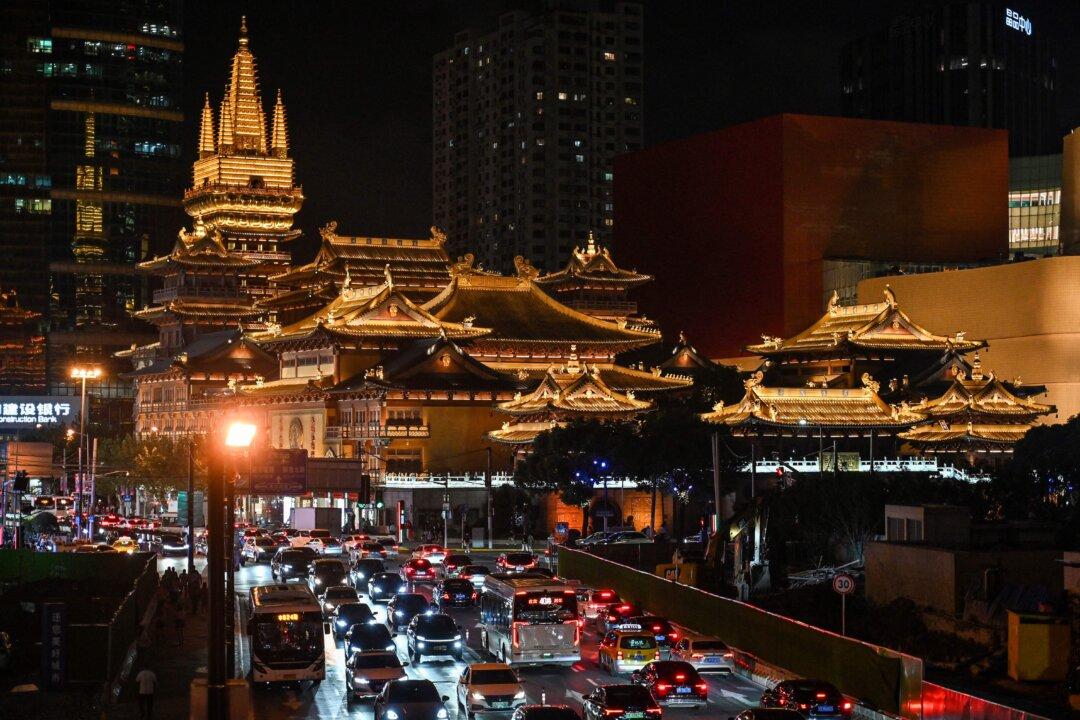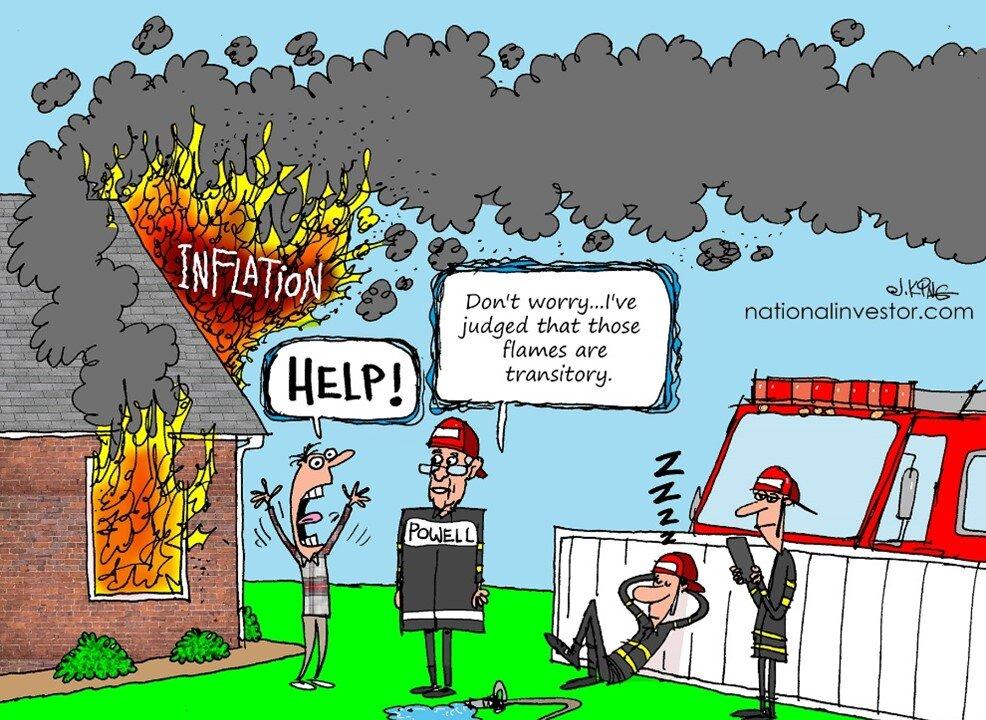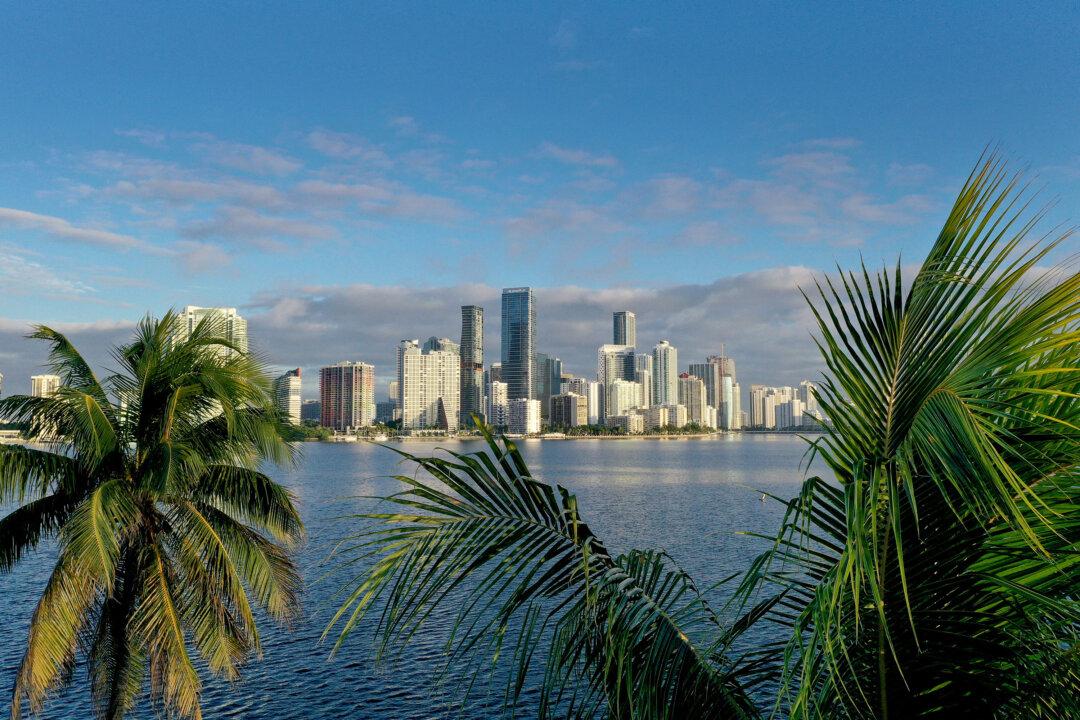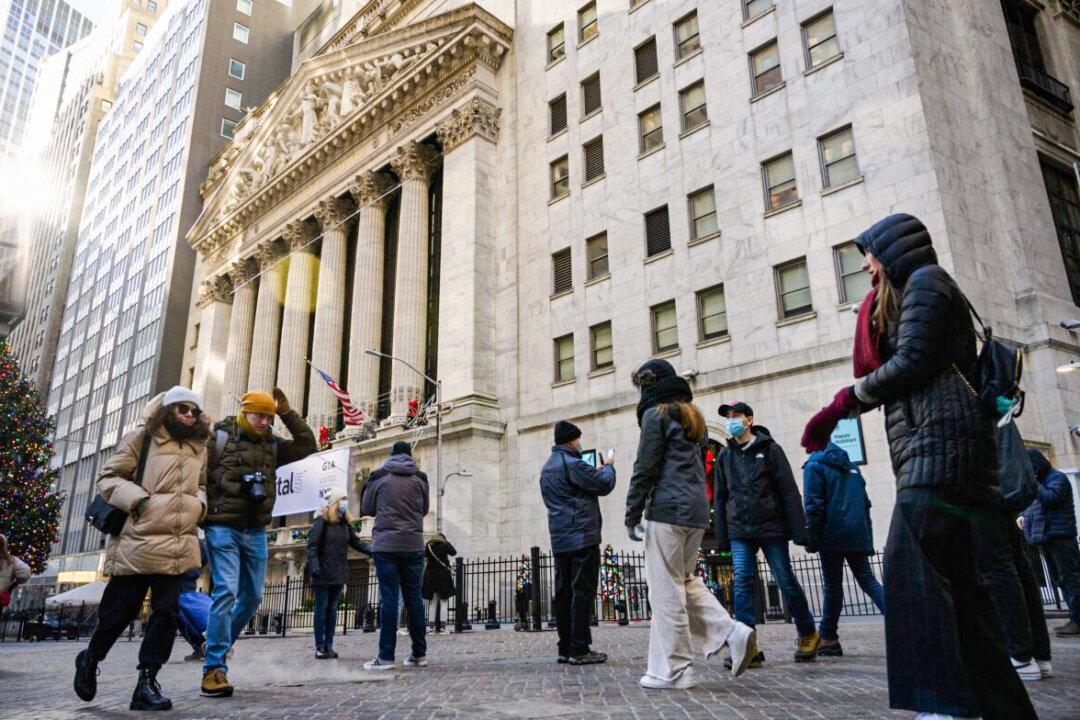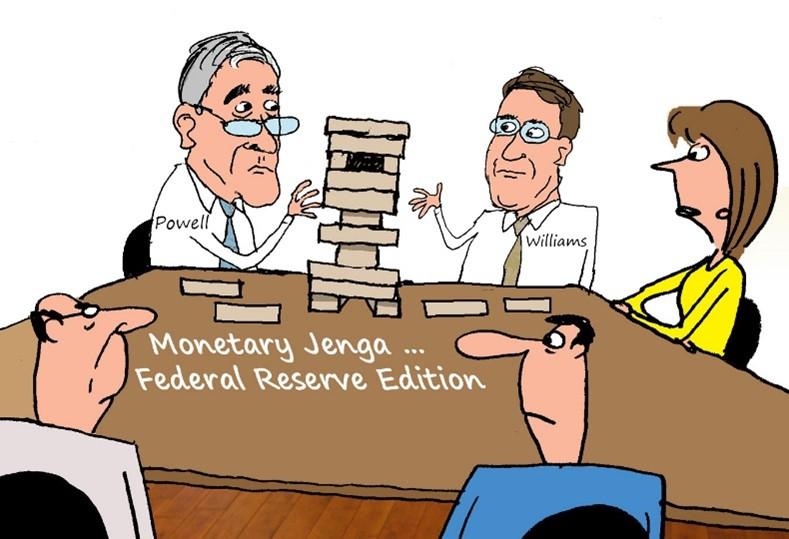Commentary
Some have marveled in the recent past at the often mindless, herd mentality of people I will here only loosely describe as “investors.” People with seemingly more money than common sense have chased everything from fundamentally bankrupt meme stocks to every new cryptocurrency offering, typically based on no more than not wanting to be left out of the latest “hot story,” no matter how little is really behind it.
